Live with ASI is a monthly broadcast program that showcases recently published content from the Arab Studies Institute’s various branches. This content includes articles, reviews, pedagogical resources, podcasts, and more. Also featured in the broadcast are brand new interviews and discussions with authors and contributors.
This month co-hosts MK Smith, and Bassam Haddad highlighted several newly released books that are featured in New Texts Out Now series and also offered some Must Read selections which also featured some New Texts, dealing with issues ranging from the Palestinian Nakba to Libyan politics.
The episode also features interviews with Mouin Rabbani, Diana B. Greenwald, Omar Shakir, Libby Anker, Derya Ozkaya, and Eskandar Sadeghi.
NEWTON
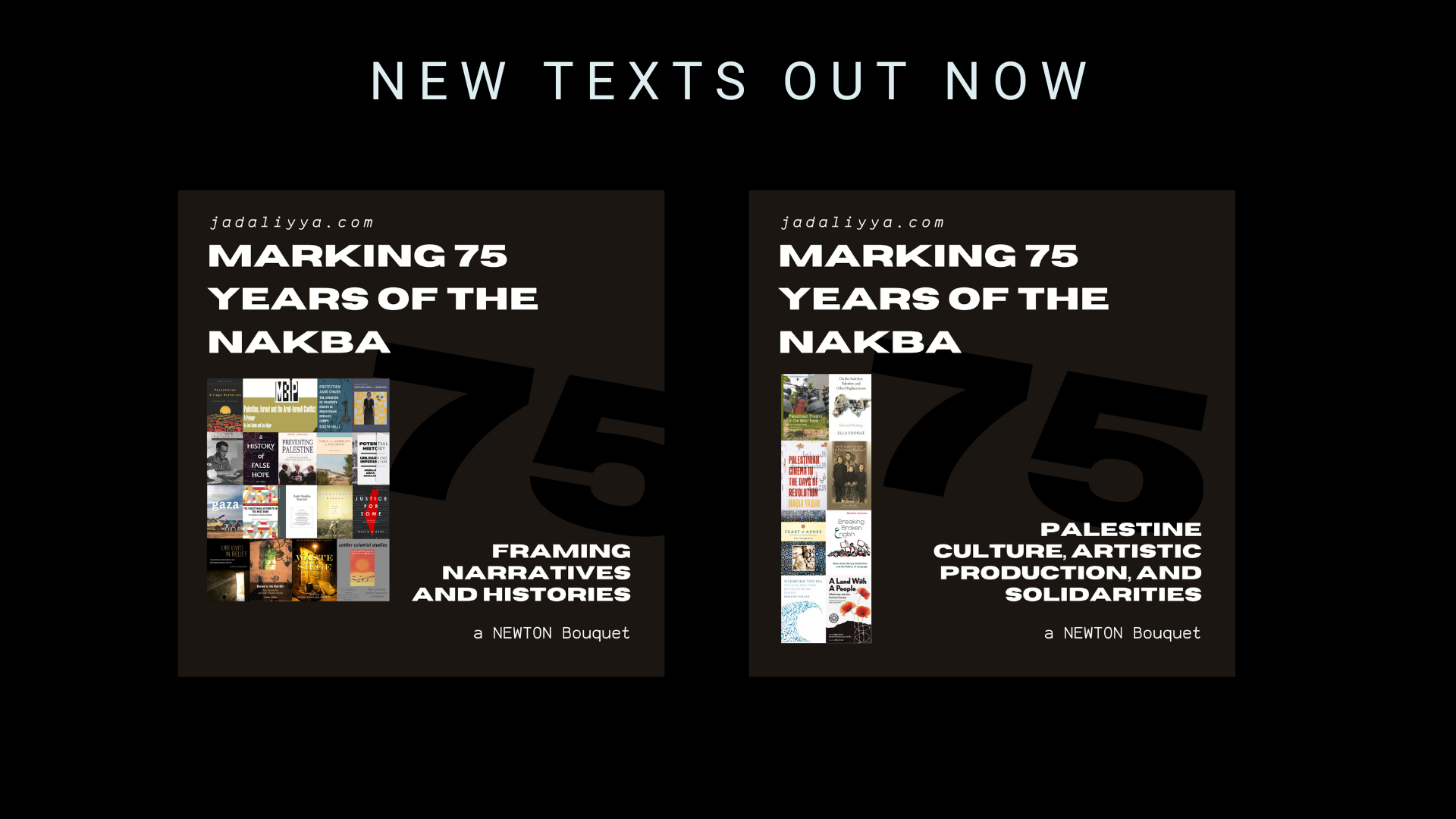
MK and Bassam highlighted fascinating interviews with several authors, but began by spotlighting a two part NEWTON bouquet in marking the 75th anniversary of the beginning of the Palestinian Nakba. This bouquet offers recommendations of texts that deal with “Framing, Narratives, and Histories” as well as “Culture, Artistic Production and Solidarities” of the Palestinian people. They then recommended Marion Holmes Katz’s “Wives and Work”, Azad Essa’s “Hostile Homelands” and “Everyday Politics in the Libyan Jamahiriya by Matteo Capasso”
CONNECTIONS
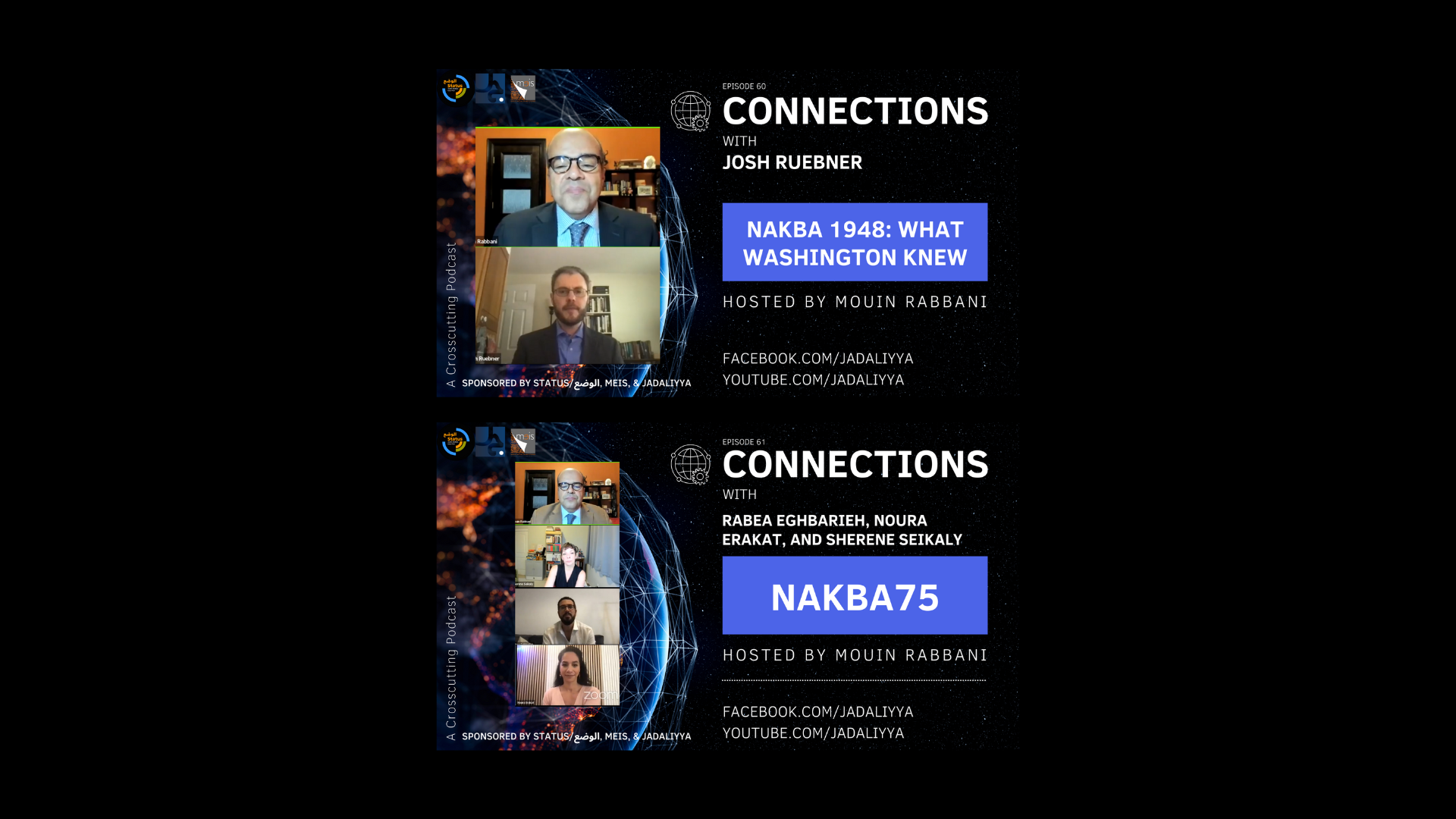
Jadaliyya co-editor and host of the Connections podcast Mouin Rabbani joined the broadcast to discuss the latest installments of Connections, the most recent of which deal with the Nakba. This included a conversation around the Nakba roundtable which the editors of the Palestine page all participated in.
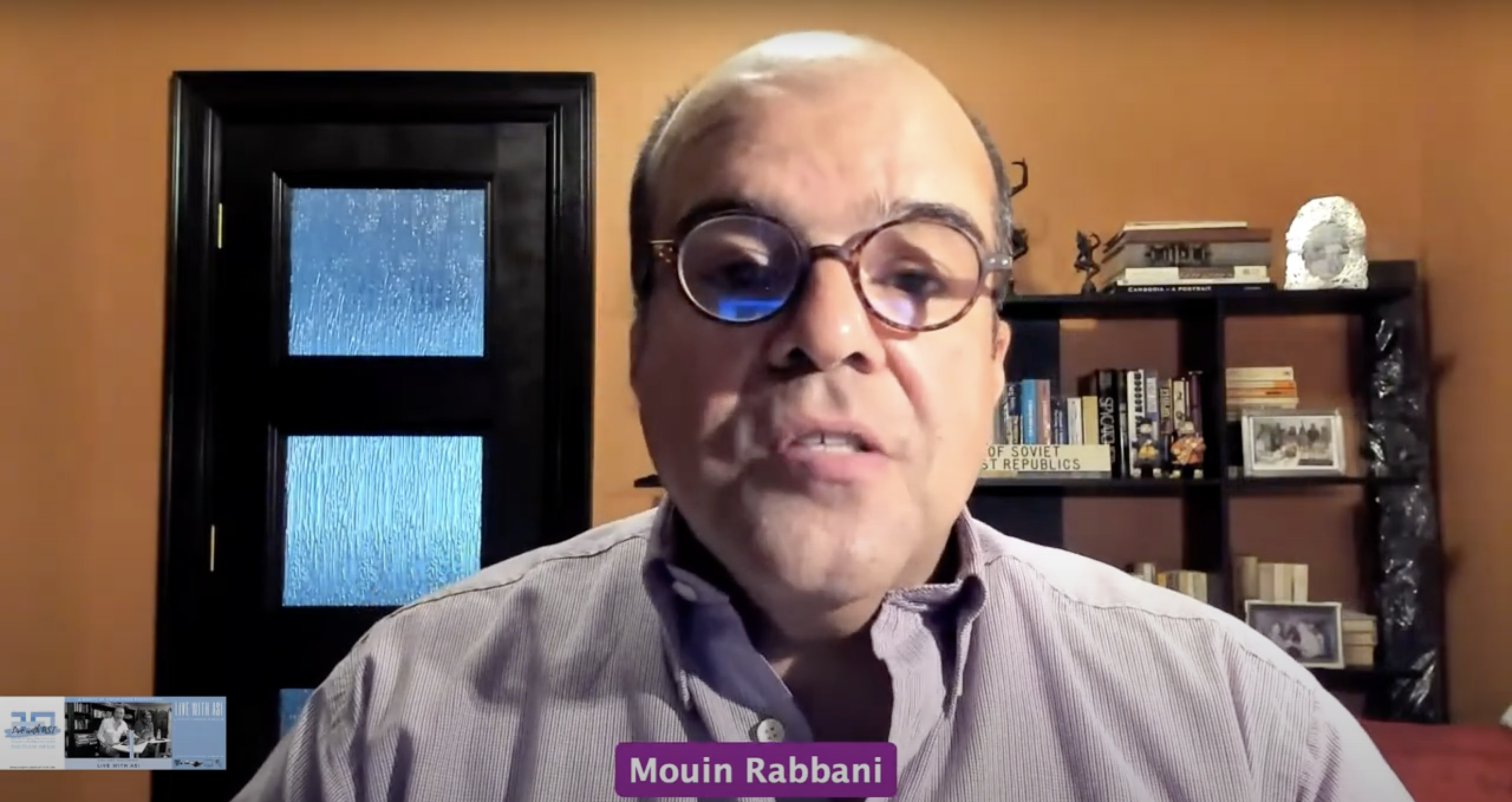
Mouin Rabbani shares insights on recent Connections episodes.
JADALIYYA
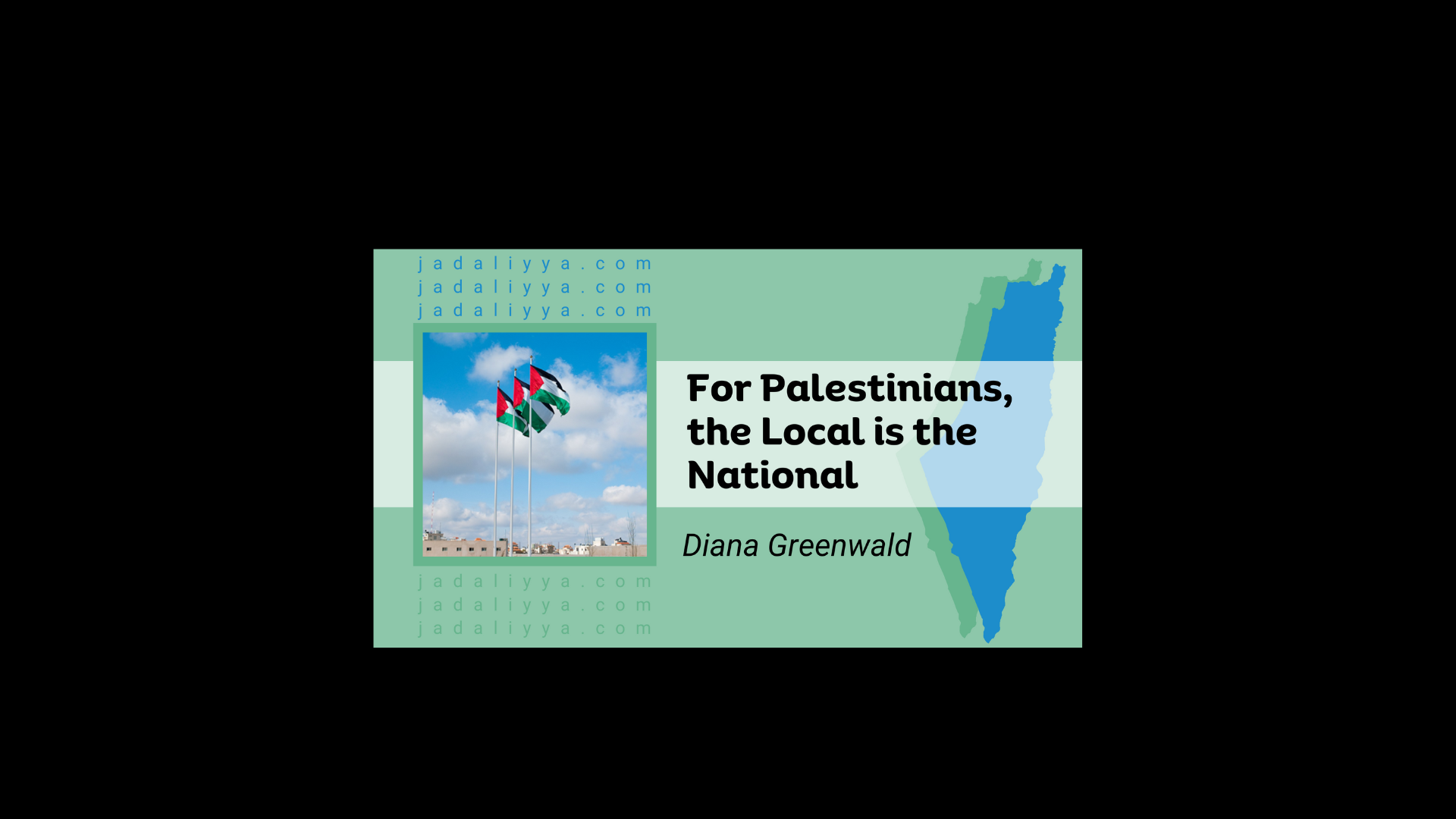
Diana B. Greenwald is an Associate Professor of Political Science at the City University of New York. She joined Live with ASI to discuss an article she recently published in Jadaliyya on the local politics of Palestinians in the West Bank, the PA, and Israeli settlers.
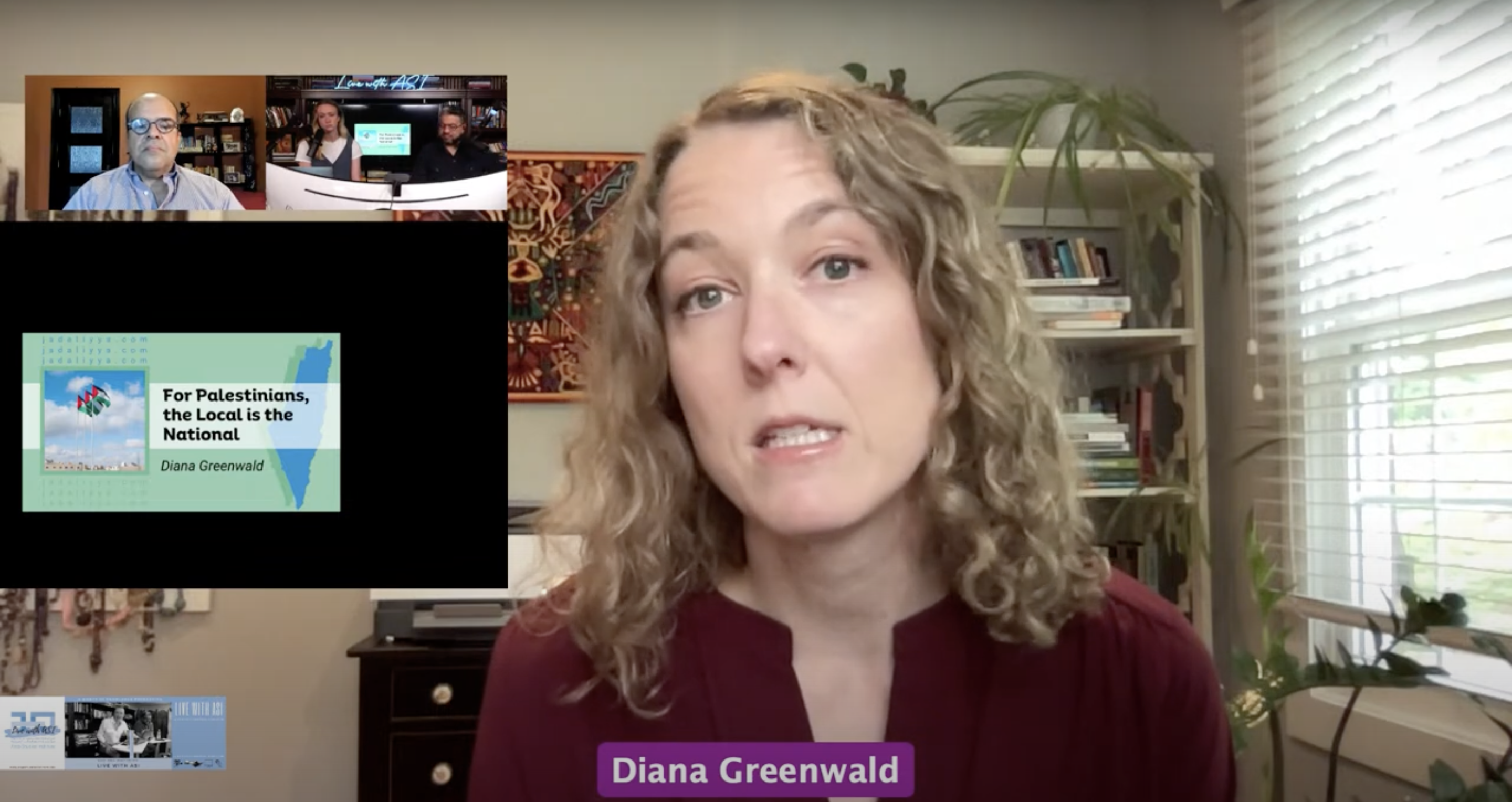
Diana B. Greenwald discussing her piece. ![]()
FLOW
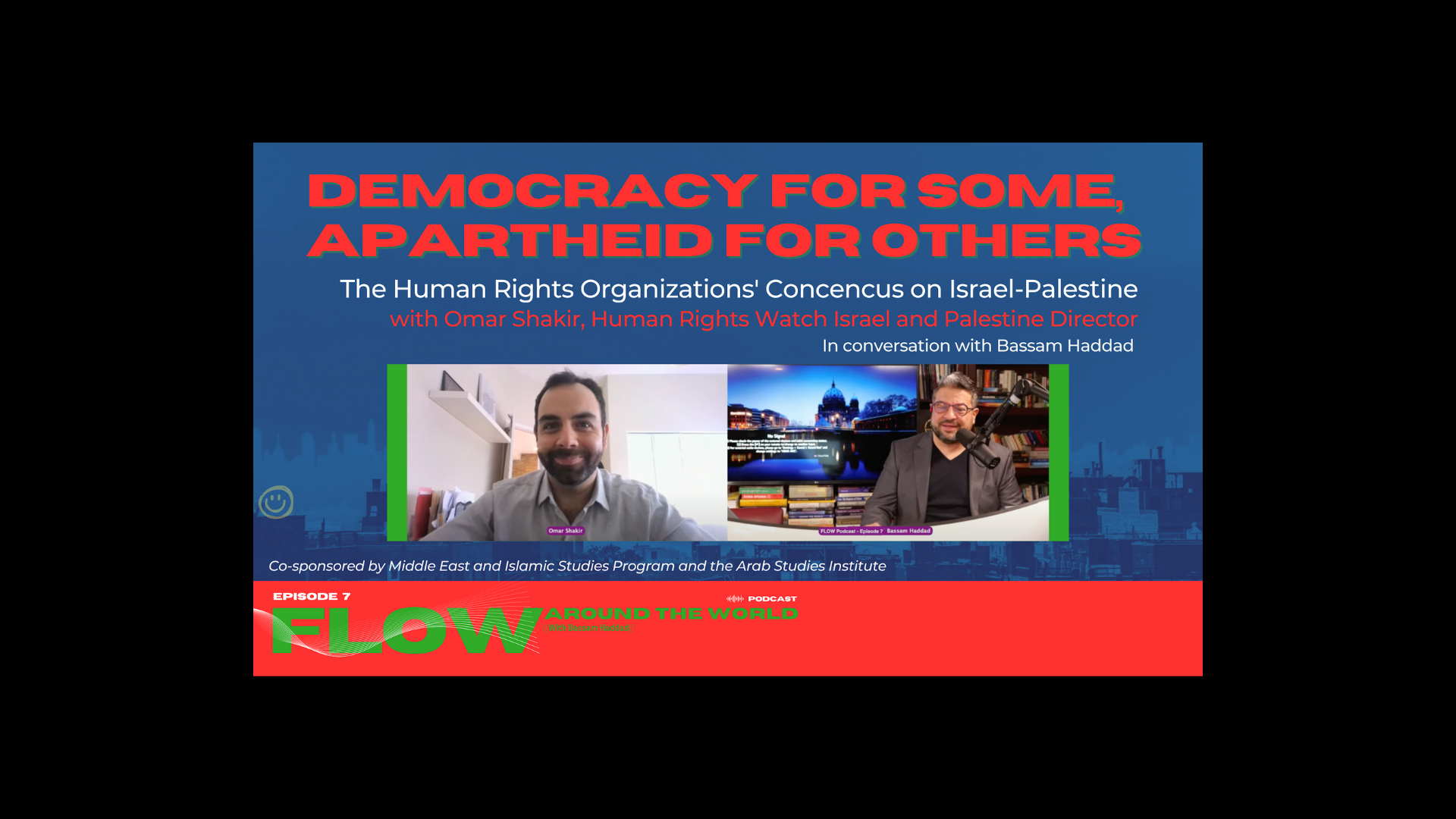
Bassam recorded an interview for the Flow podcast last month with the Israel and Palestine Director at Human Rights Watch, Omar Shakir, regarding the growing consensus among human rights organizations regarding Israel-Palestine. The two met again prior to the broadcast to record a segment for LWA.
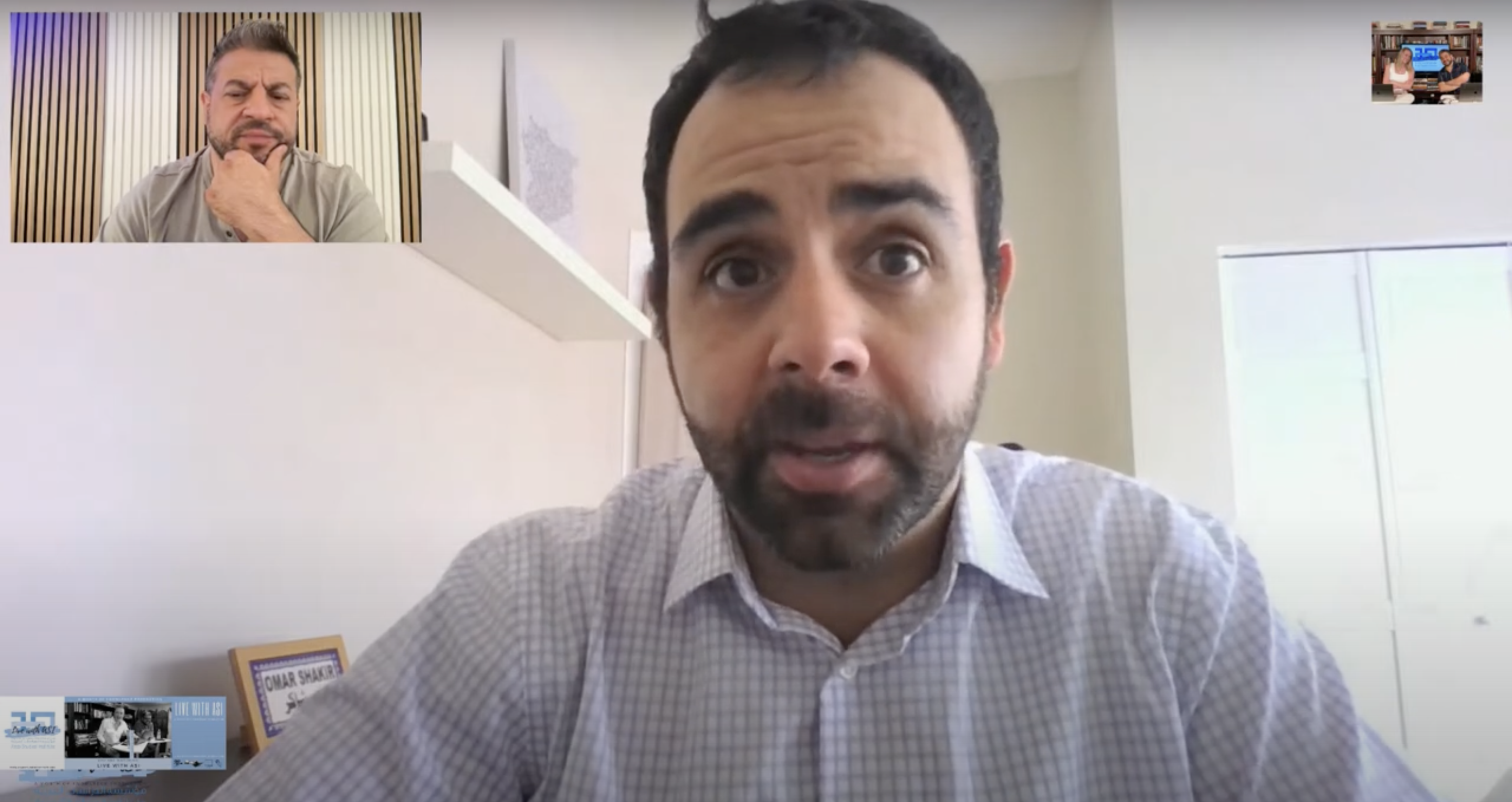
Omar Shakir on the consensus of human rights organizations around the issue of Israeli apartheid. ![]()
THEORY BUZZ
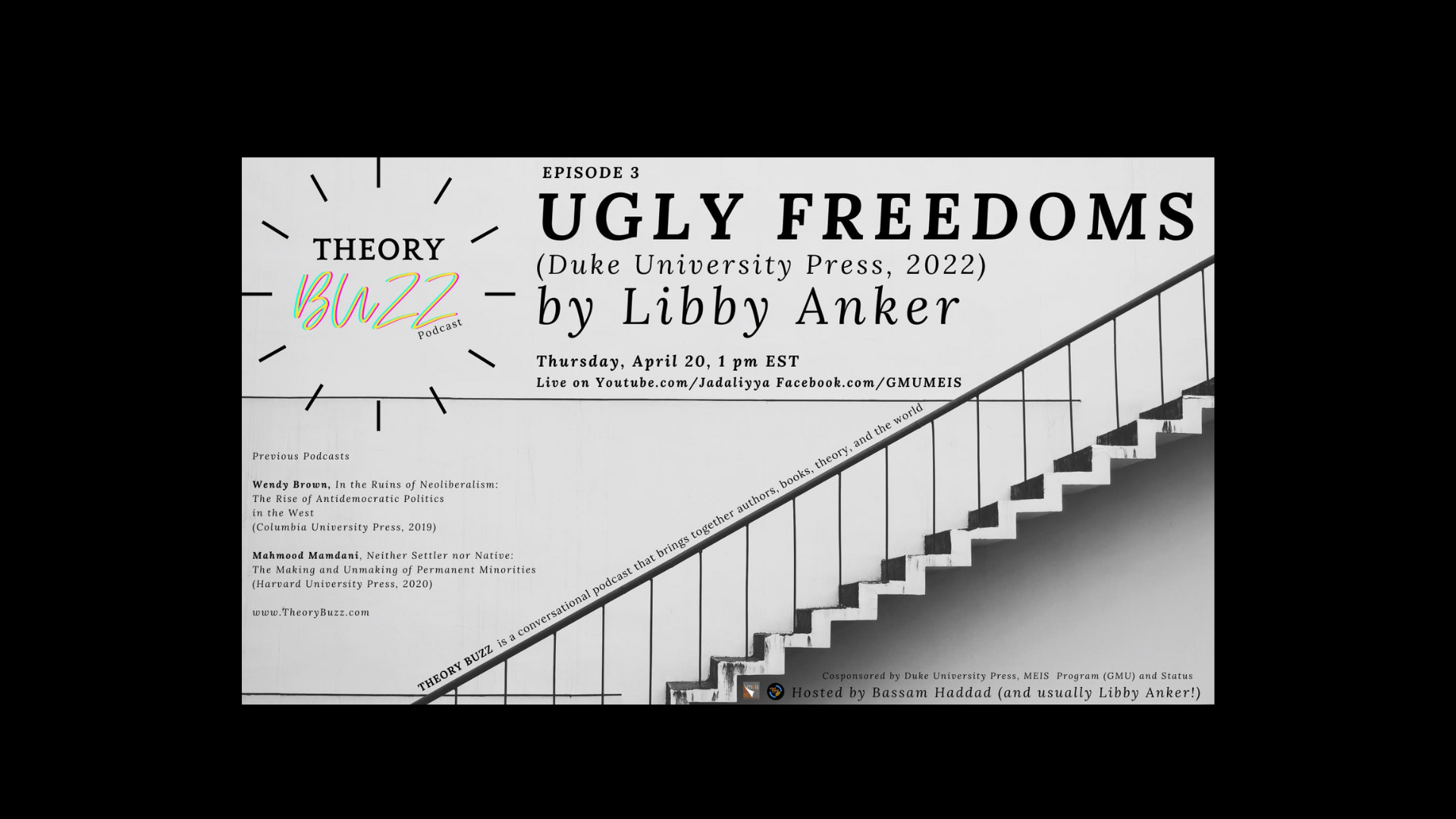
The broadcast was then joined by Libby Anker, an Associate Professor of American Studies and Political Science at George Washington University, to discuss her new book “Ugly Freedoms”. Libby also co-hosts the Theory Buzz podcast with Bassam.
JADALIYYA
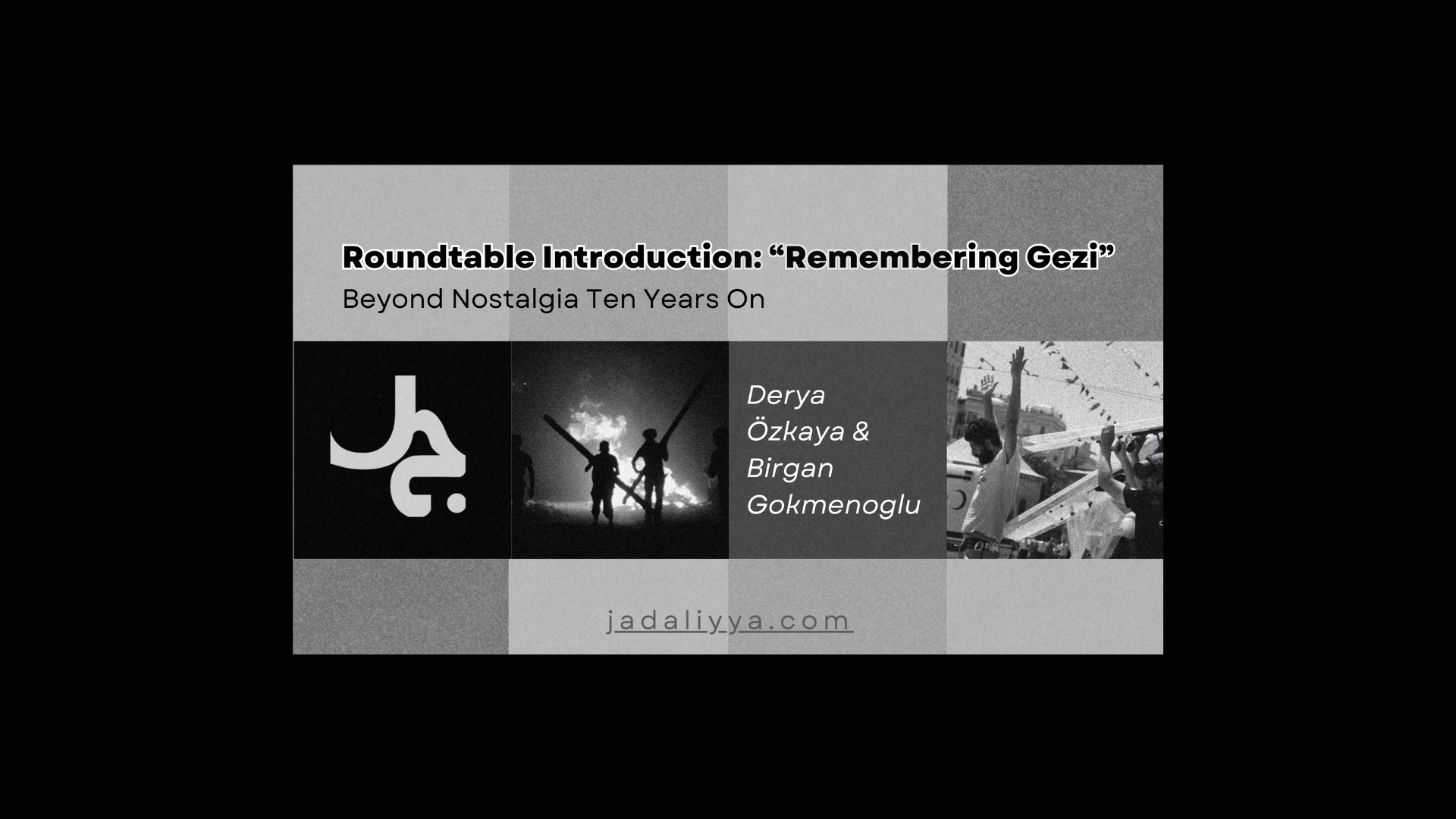
Derya Ozkaya then joined LWA to discuss the introduction of the “Remembering Gezi” roundtable being published by Jadaliyya. Derya, a postdoctoral researcher at the University of Graz, published the introduction alongside her co-contributor Birgan Gokmenoglu.
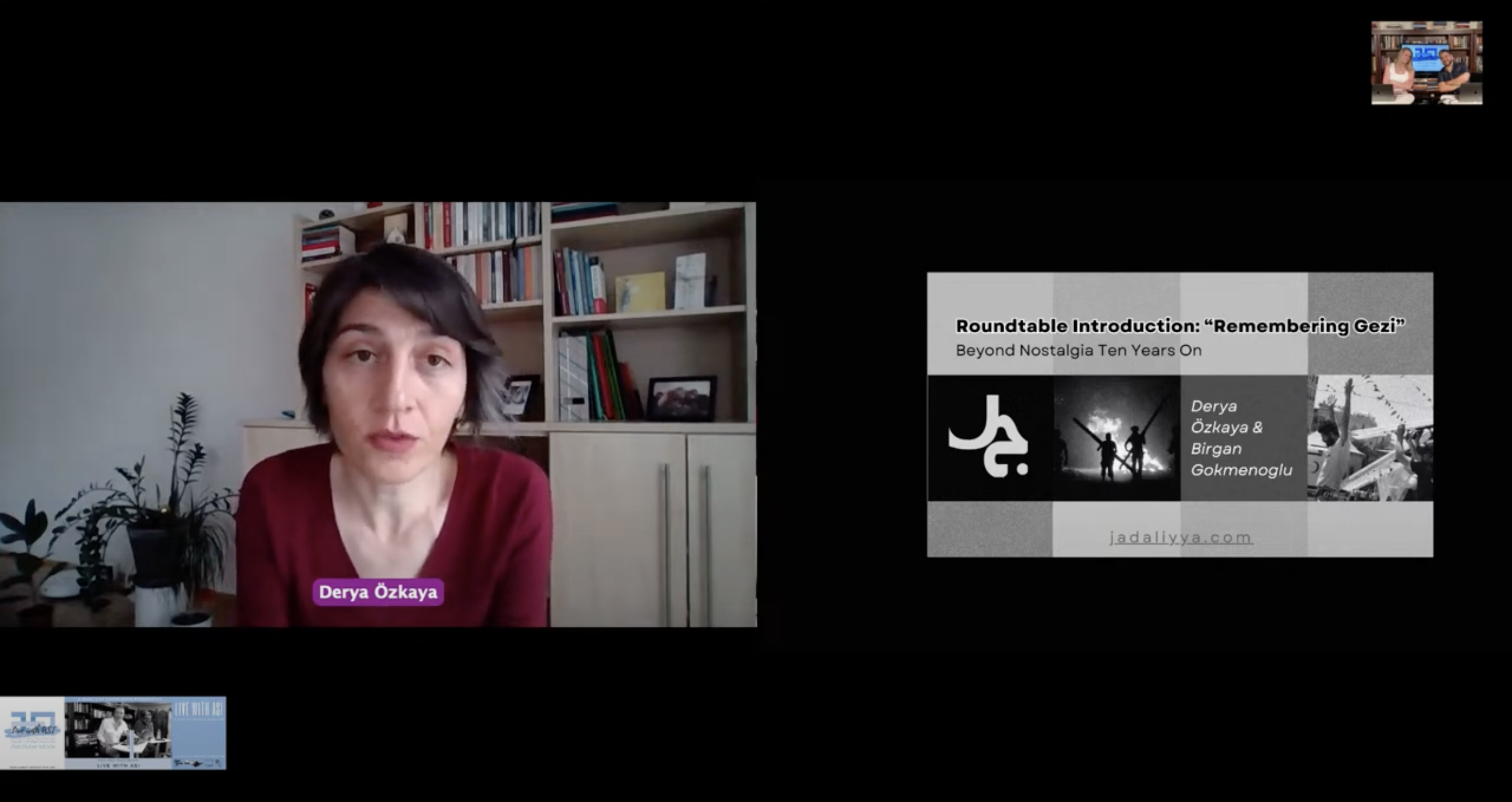
Derya Ozkaya addressed the purpose and significance of the roundtable.
FLOW
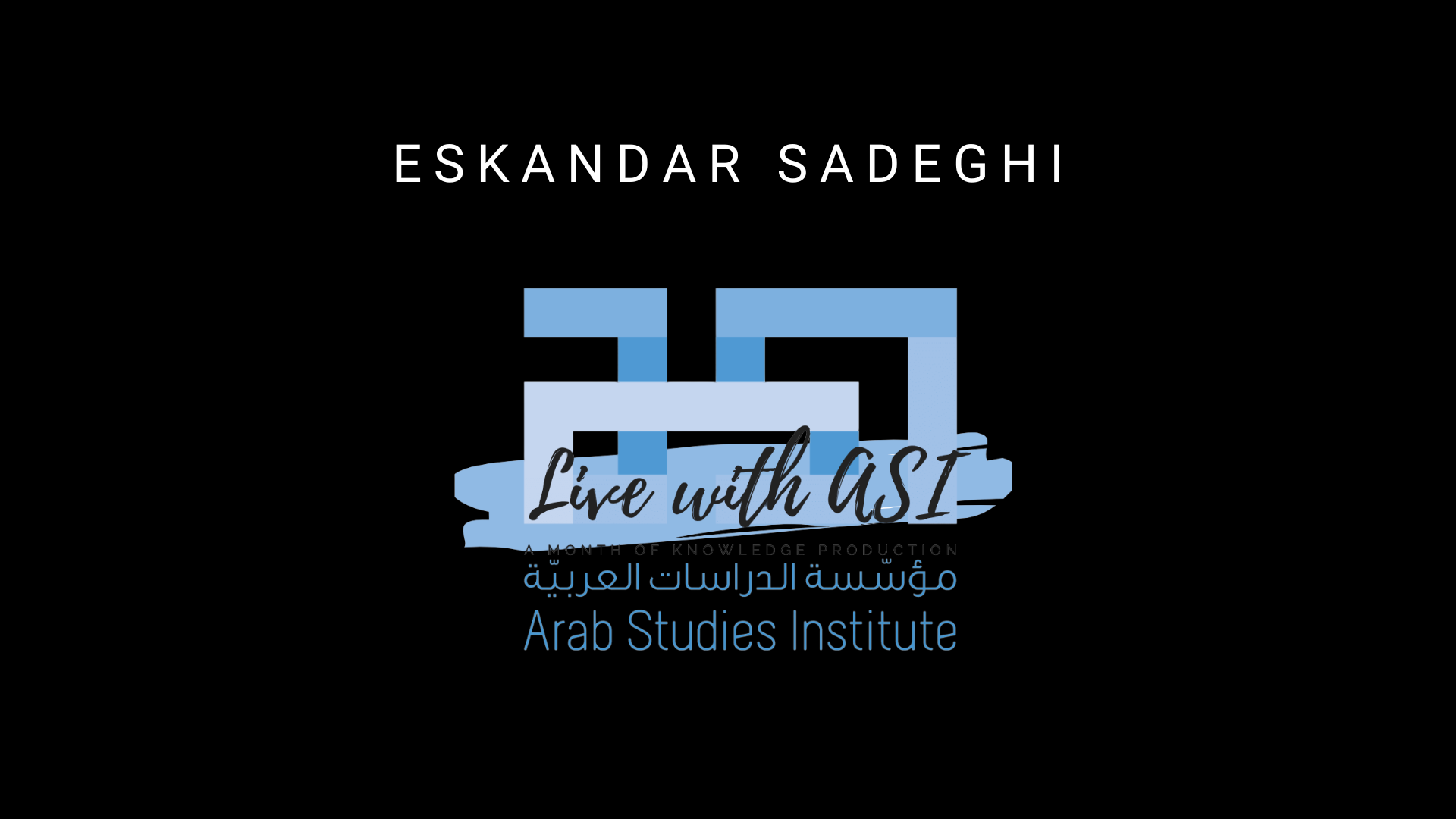
The final interview of the broadcast featured a second pre-recorded segment, this time featuring Eskandar Sadeghi, who is a Senior Lecturer in the Department of History at the University of York. Eskandar revisited a discussion he and Bassam had recorded for Flow regarding the multiple crises of the regime in Iran.
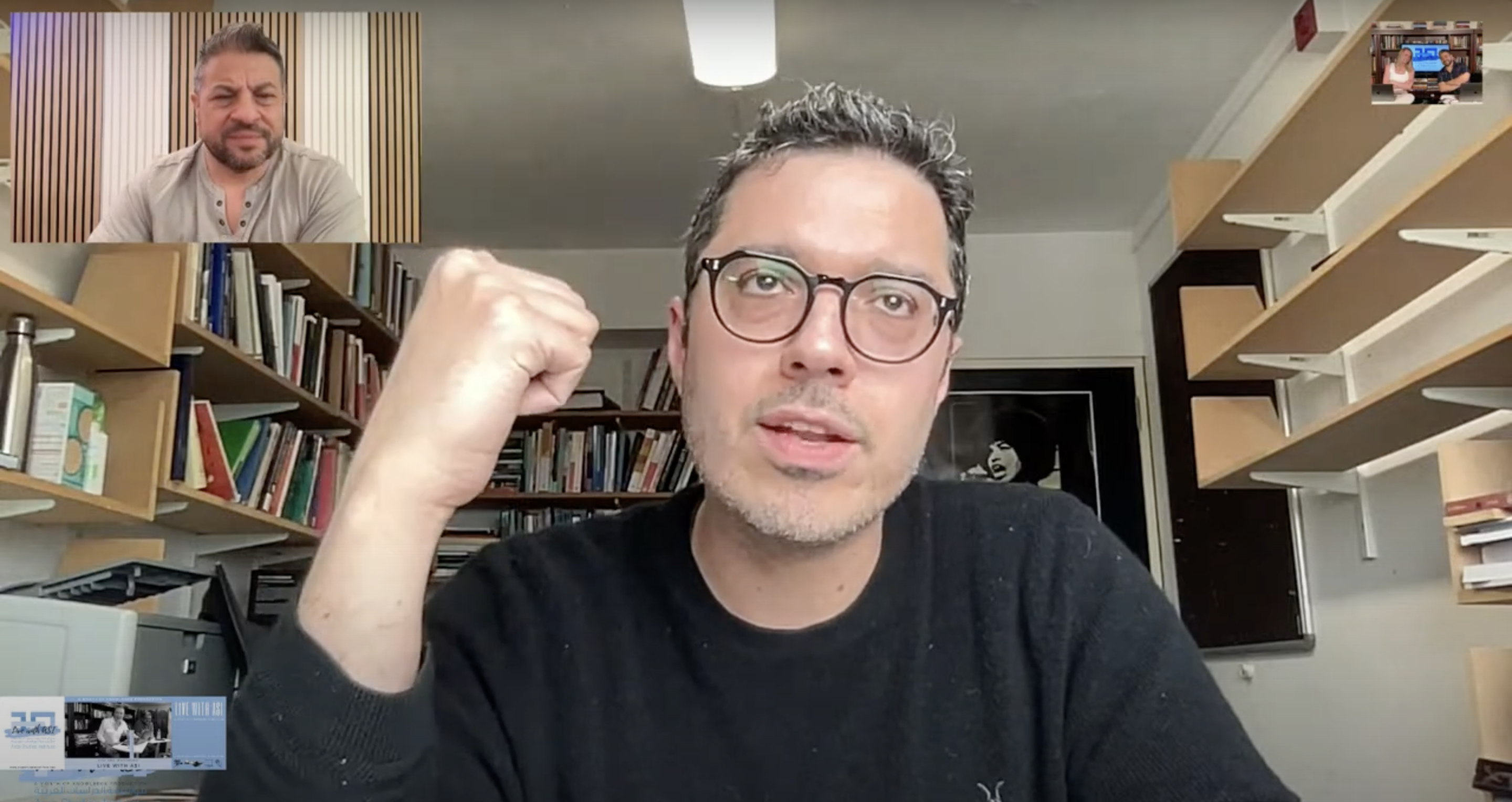
Eskandar Sadeghi reflecting on a recent episode of Flow. ![]()
MUST READS
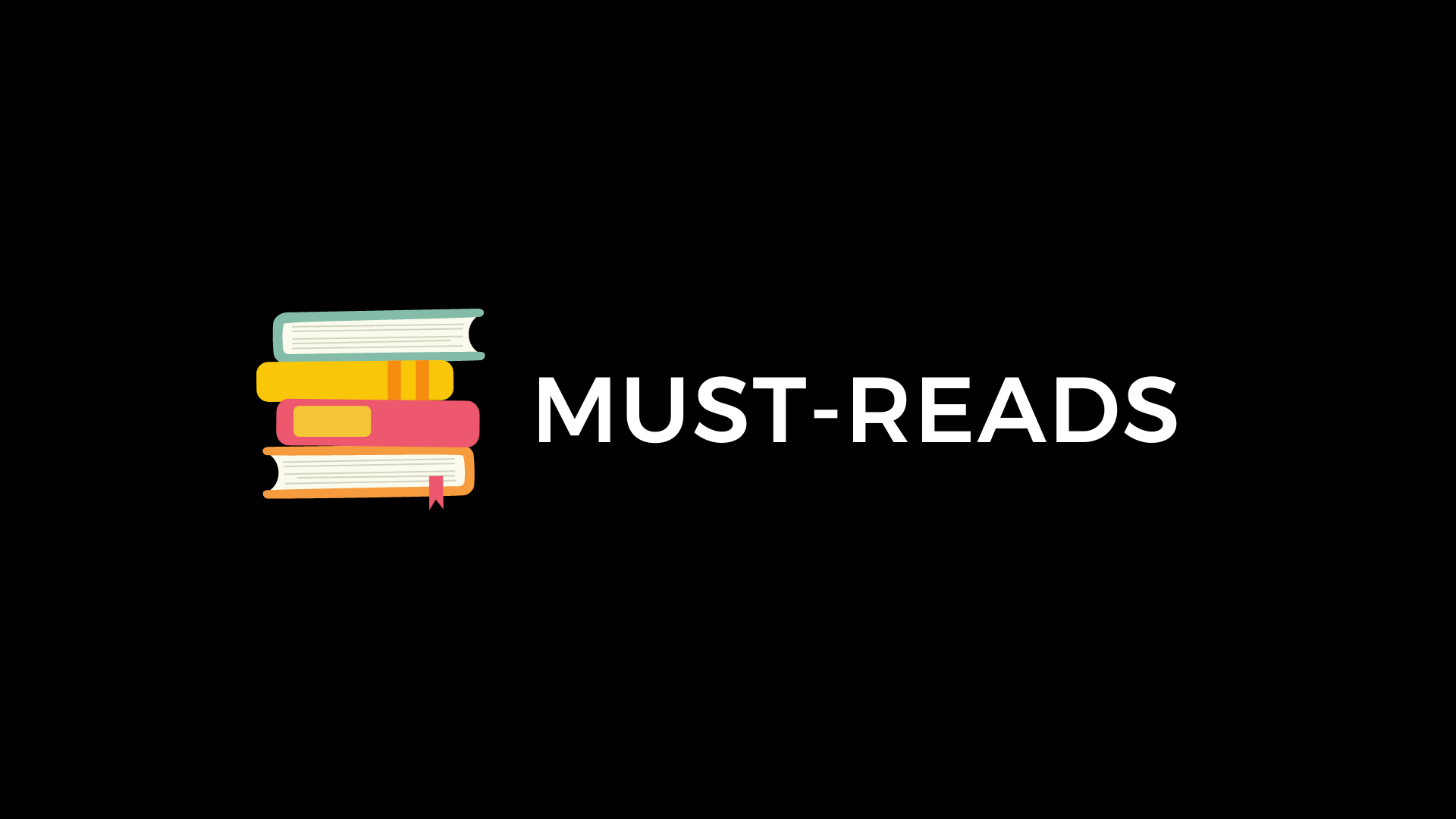
As always MK and Bassam wrapped up the broadcast by offering some must reads, both of which were from NEWTON this time around.
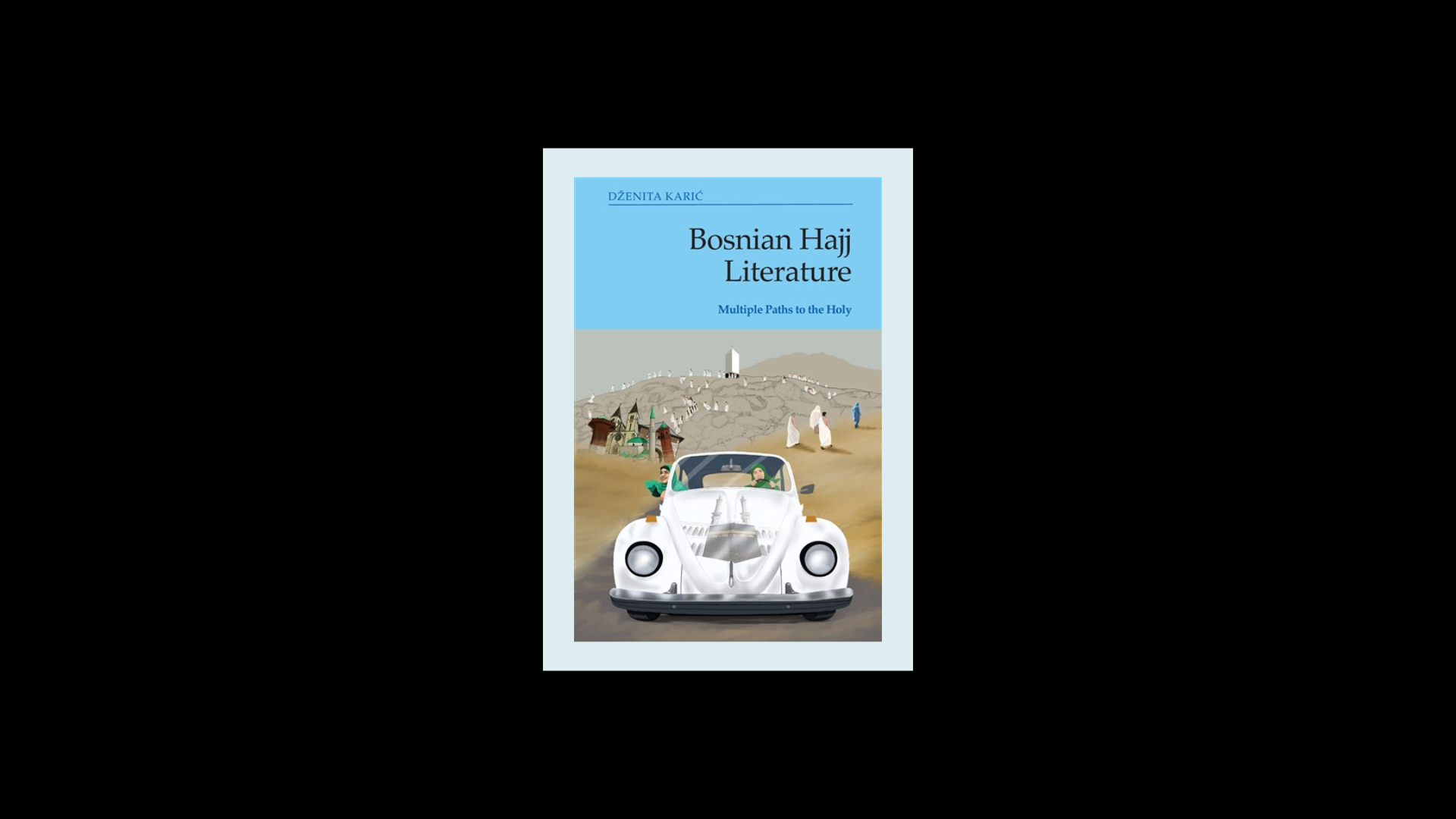
They recommended Dzenita Karic’s book “Bosnian Hajj Literature: Multiple Paths to the Holy” which is a study of the omnipresence of the Hajj in Bosnian cultural production.
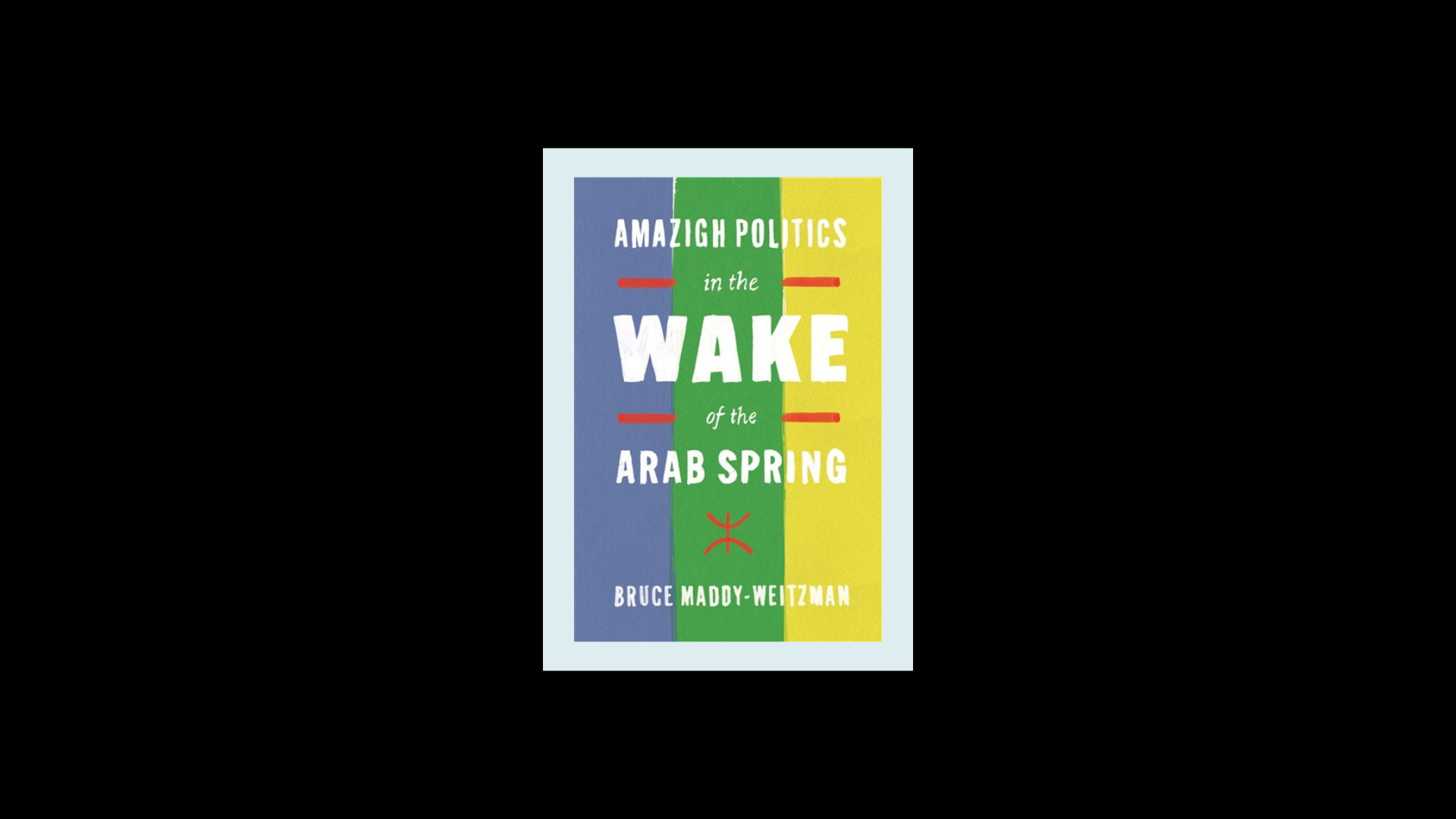
They also discussed Abdelrahman Ayyash, Amr Elafifi, and Noha Ezzat’s interview with NEWTON regarding their new book “Broken Bonds: The Existential Crisis of Egypt’s Muslim Brotherhood, 2013-2022” which challenges dominant narratives about the Brotherhood in order to paint a complex picture of a group contending with multiple crises.